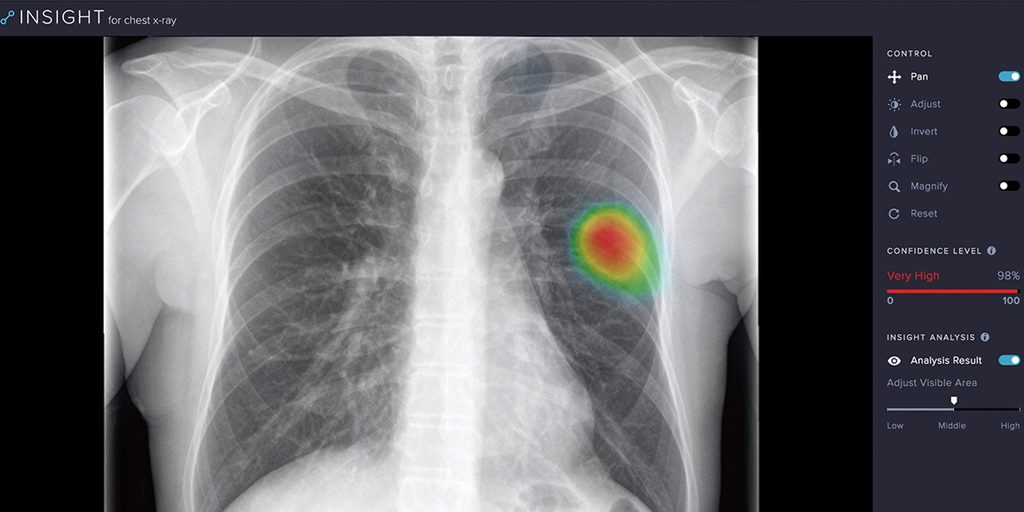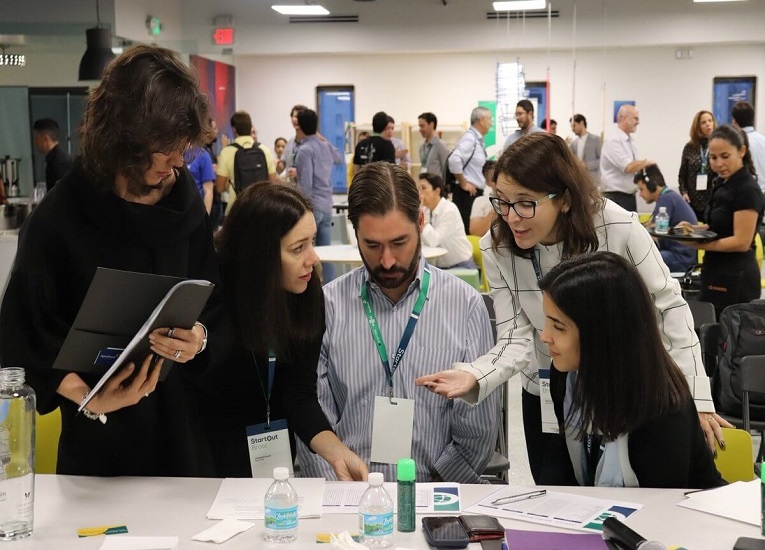NVIDIA, a company of American origin, specialized in computing and development of graphics processors, launched the open source software NVIDIA FLARE, which allows the development of Artificial Intelligence (AI) models for medical care.
NVIDIA FLARE (Federated Learning Application Runtime Environment), has another software called NVIDIA Clara Train, which has been used to develop AI models for medical image analysis, genetic analysis, oncology, and COVID-19 research. This development provides more tools for researchers and scientists who develop AI platforms to customize their solutions.
This initiative uses a technique called federated learning, which has the purpose of preserving data privacy and confidentiality.

NVIDIA FLARE has been applied in various AI projects, such as MONAI, an open source software designed for medical image analysis. “NVIDIA FLARE open source to accelerate federated learning research is especially important in healthcare, where access to multi-institutional datasets is crucial, but patient privacy concerns can limit the ability to share data. ”, explained Dr. Jayashree Kalapathy, associate professor of radiology at Harvard Medical School, and MONAI task leader.
The NVIDIA project contemplates driving AI learning solutions at the American College of Radiology (ACR). Where AI-based federated learning studies have already worked for the study of radiological images of breast cancer.
On the other hand, it will also be applied in Rhino Health, a company specialized in AI applications in health and that participates in a project with the Massachusetts General Hospital on the diagnosis of brain aneurysms. “To collaborate effectively and efficiently, health researchers need a common platform for AI development without the risk of violating patient privacy,” explained its founder, Dr. Ittai Dayan. In addition, he recognized the use of federated learning techniques as a useful tool to accelerate the impact of AI in healthcare.






